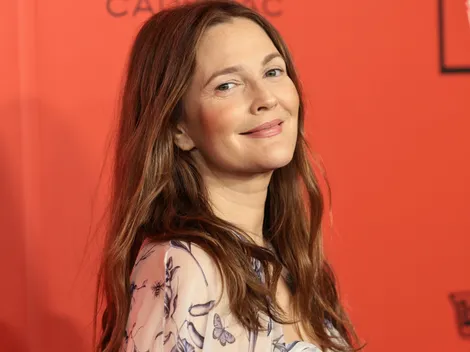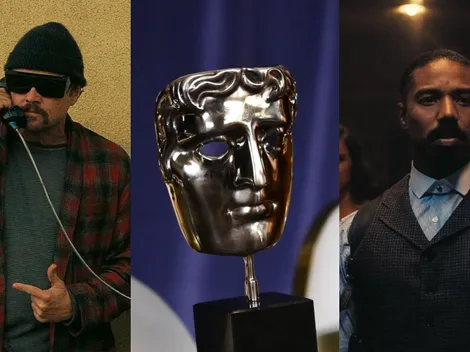Few actors have shaped modern comedy and character work as distinctly as Danny DeVito. Rising from the late-’70s television wave, he quickly carved out a lane defined by sharp timing, fearless eccentricity and an unmistakable screen presence.
His career has stretched far beyond the expected—moving from cult classics to family favorites, from biting satire to tender dramatic turns. Each role added a new facet to his legacy, revealing an artist who thrives on reinvention without ever losing the singular spark that makes his work instantly recognizable.
Frank Reynolds – It’s Always Sunny in Philadelphia (2006–Present)
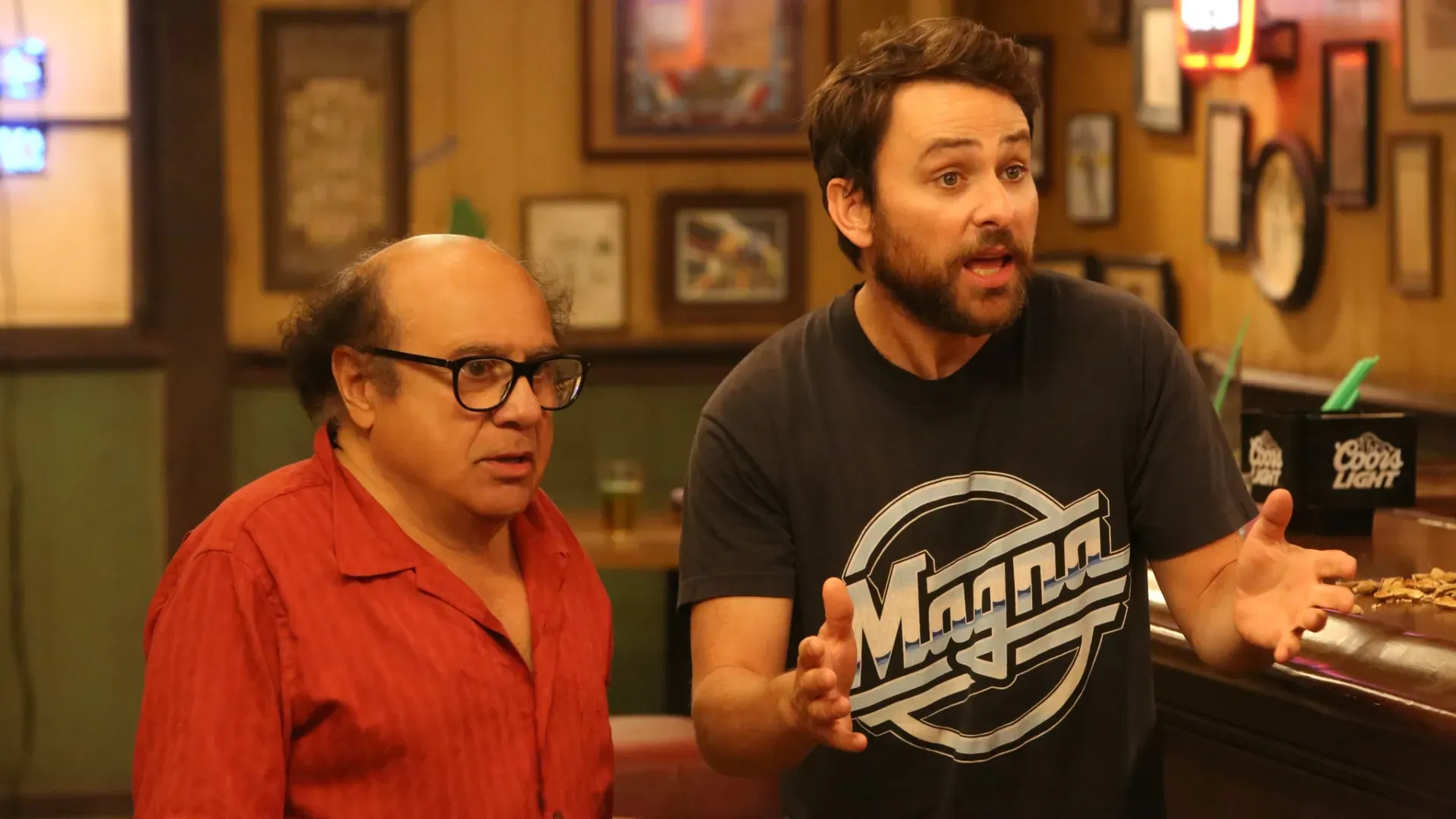
(Source: IMDb)
This role has successfully introduced DeVito’s uniquely anarchic energy to a new generation, becoming perhaps his most iconic and defining character of the 21st century. Frank Reynolds is the debauched, wealthy, and morally absent patriarch of “The Gang,” living in squalor and embracing absolute chaos with joyful abandon.
DeVito commits entirely to the character’s grotesque absurdities, whether emerging naked from a couch or shouting nonsensical pronouncements, solidifying his status as a comedic genius willing to push boundaries into the truly bizarre and hilarious.
Louie De Palma – Taxi (1978–1983)

(Source: IMDb)
Louie De Palma was the caustic, tyrannical dispatcher who ran the Sunshine Cab Company from a caged office, establishing DeVito as a major force in television comedy. His portrayal of the mean-spirited but often secretly vulnerable character earned him an Emmy and a Golden Globe.
This breakout role capitalized on his ability to project immense authority and cynical wit, even while seated, setting the benchmark for the “lovable jerk” trope in sitcom history.
The Penguin (Oswald Cobblepot) – Batman Returns (1992)

(Source: IMDb)
Under the stylized direction of Tim Burton, DeVito delivered a haunting and unforgettable cinematic interpretation of the Batman villain. His Penguin was a creature of tragic, grotesque menace—a rejected society outcast raised in the sewers.
DeVito underwent a physical transformation to bring pathos and darkness to the role, balancing the theatrical villainy with moments of profound sorrow, making it a masterclass in committed, dark fantasy acting.
Harry Wormwood – Matilda (1996)

(Source: IMDb)
In this beloved film adaptation of the Roald Dahl classic, which DeVito also directed, he played the hilariously crass, loud, and criminally negligent car salesman father to the brilliant Matilda.
Harry Wormwood is a magnificent caricature of a self-serving parent, whose flamboyant bad taste and endless schemes provided much of the film’s central comedic tension, making him the perfect foil to the quiet intelligence of his daughter.
Vincent Benedict – Twins (1988)

(Source: IMDb)
In one of the most successful high-concept comedies of the era, DeVito played Vincent Benedict, the cynical, street-smart twin of the genetically perfect and naive Julius, played by Arnold Schwarzenegger.
The film’s entire premise rested on the visual and comedic contrast between the two leads, and DeVito’s performance—a blend of opportunistic scheming and surprising moments of brotherly affection—was crucial to the movie’s huge global appeal.
Ralph – Romancing the Stone (1984) and The Jewel of the Nile (1985)
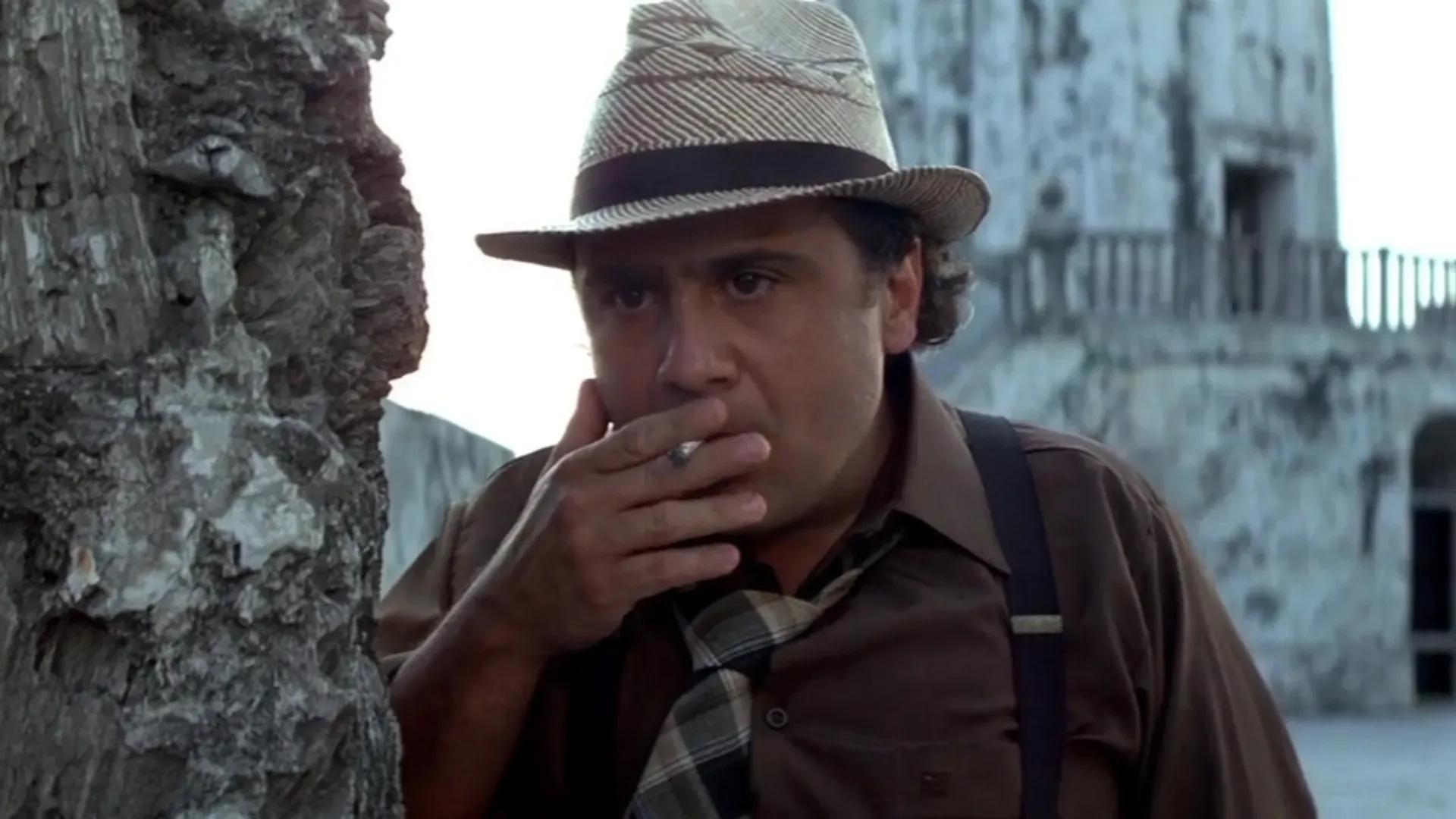
(Source: IMDb)
As the bumbling, perpetually frustrated small-time antique smuggler, Ralph, DeVito provided essential comedic relief and antagonism in this adventure-romance franchise.
He was the perfect, often unlucky, nuisance chasing Michael Douglas and Kathleen Turner across exotic locations, proving his skill in elevating a supporting villain role with his signature blend of physical comedy and exasperated yelling.
Martini – One Flew Over the Cuckoo’s Nest (1975)
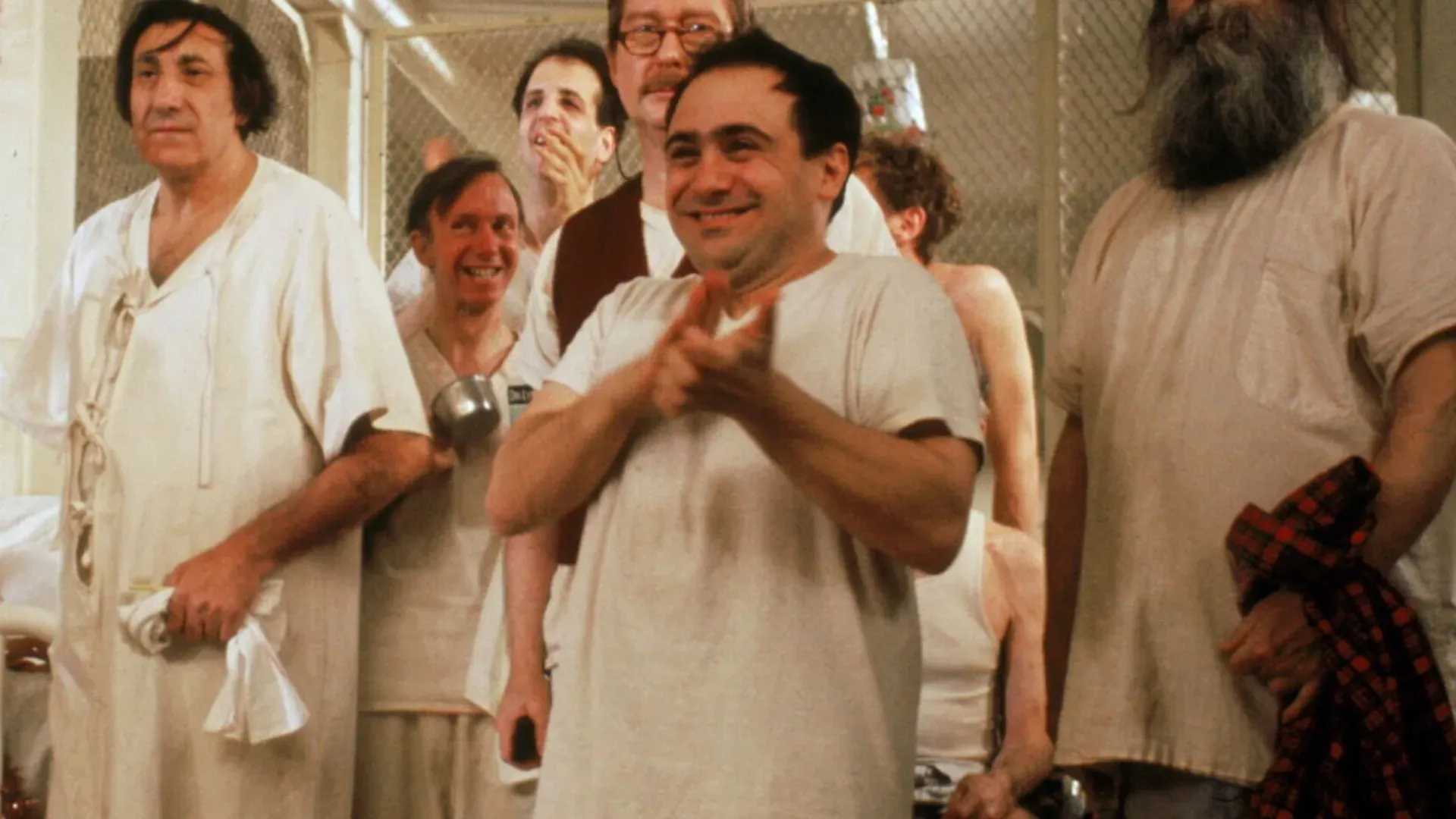
(Source: IMDb)
This early, crucial film role saw DeVito as Martini, one of the patients in the psychiatric ward. Amidst an ensemble of cinematic heavyweights, DeVito brought a distinctive, almost childlike vulnerability and genuine warmth to his character, who suffers from harmless hallucinations. The performance helped establish his capacity for dramatic depth and his ability to hold his own in a formidable cast.
Gavin D’Amato – The War of the Roses (1989)
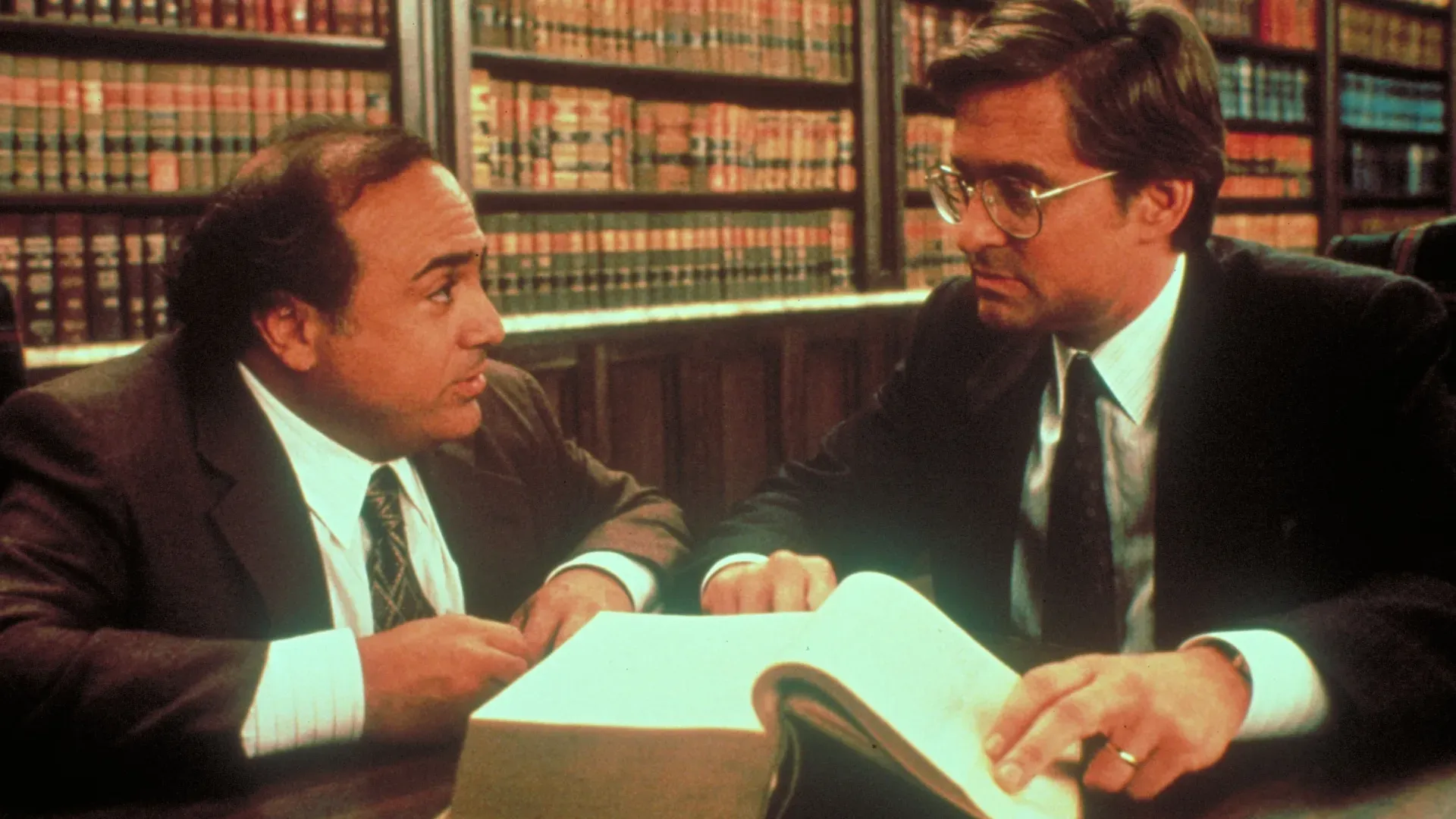
(Source: IMDb)
DeVito not only directed this iconic black comedy but also played the central role of Gavin D’Amato, the divorce attorney who narrates the darkly funny, escalating destruction of a wealthy couple’s marriage.
Gavin acts as the cynical voice of reason and serves as a moral cautionary tale, providing the necessary distance and perspective on the domestic chaos, highlighting DeVito’s mastery behind and in front of the camera.
Sid Hudgens – L.A. Confidential (1997)

(Source: IMDb)
In this highly acclaimed neo-noir, DeVito took on a smaller but pivotal dramatic role as Sid Hudgens, the sleazy, opportunistic editor of the sensationalist gossip magazine, Hush-Hush. Hudgens is a crucial source of information and corruption in the complex plot, and DeVito’s brief but sharp performance underscored his ability to seamlessly blend into serious, critically praised dramas.
The Lorax (Voice) – The Lorax (2012)

(Source: IMDb)
Proving his reach extends beyond live-action, DeVito lent his distinctively gravelly and emphatic voice to the title character in this animated adaptation of the Dr. Seuss classic.
As the diminutive, outspoken defender of the trees, DeVito captured the character’s passionate indignation and moral urgency, bringing a recognizable, iconic vocal quality to a beloved animated icon.



